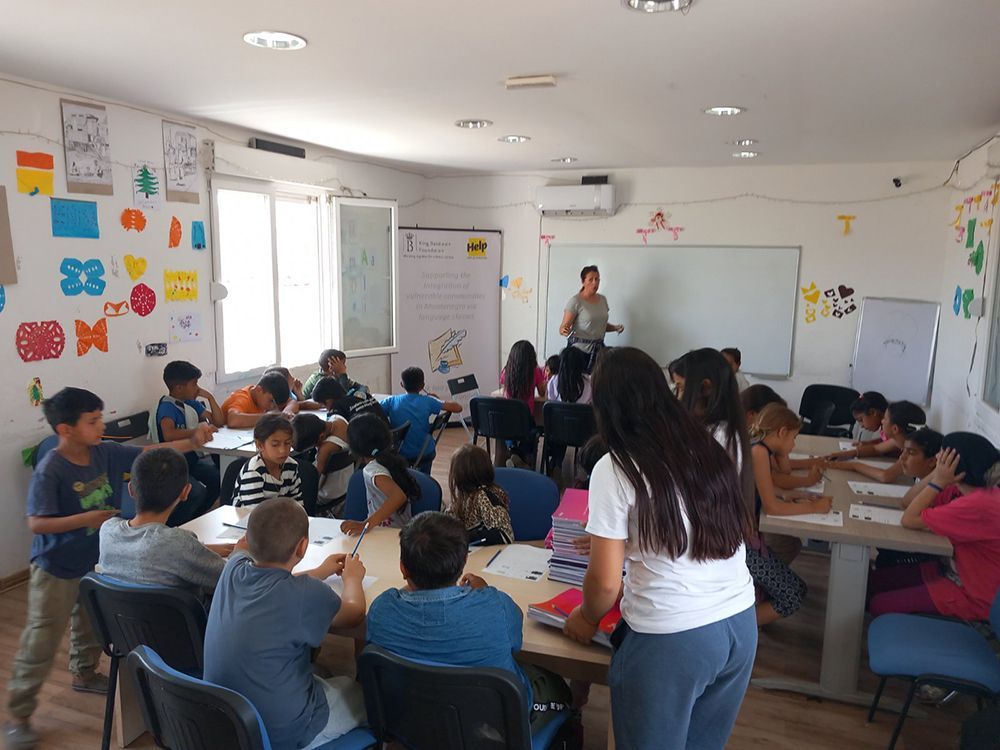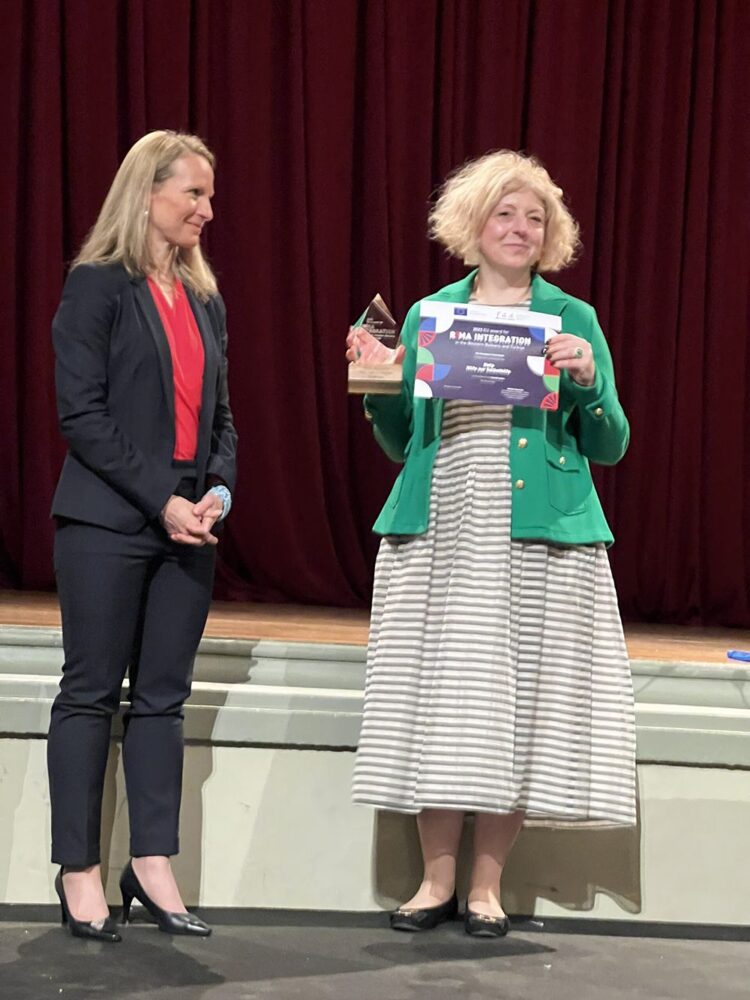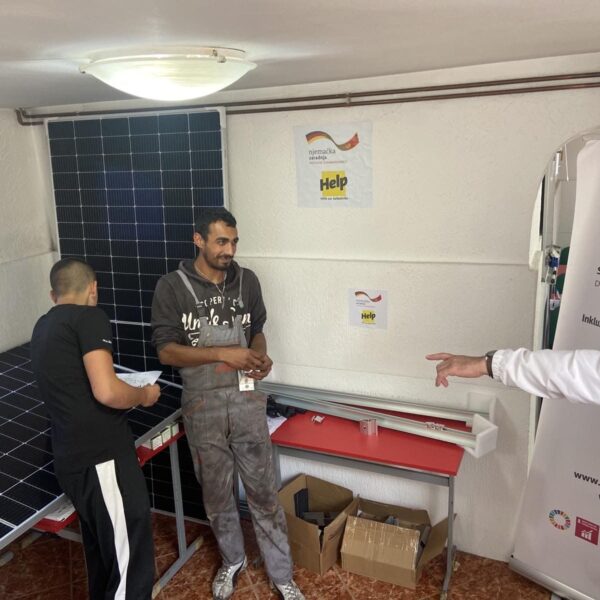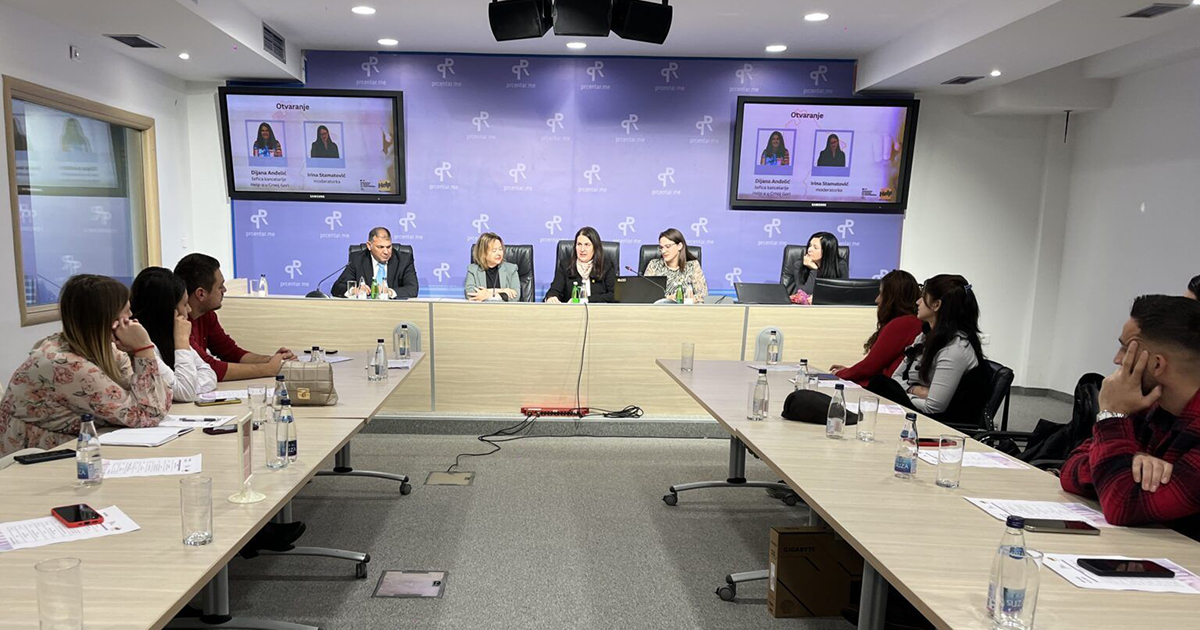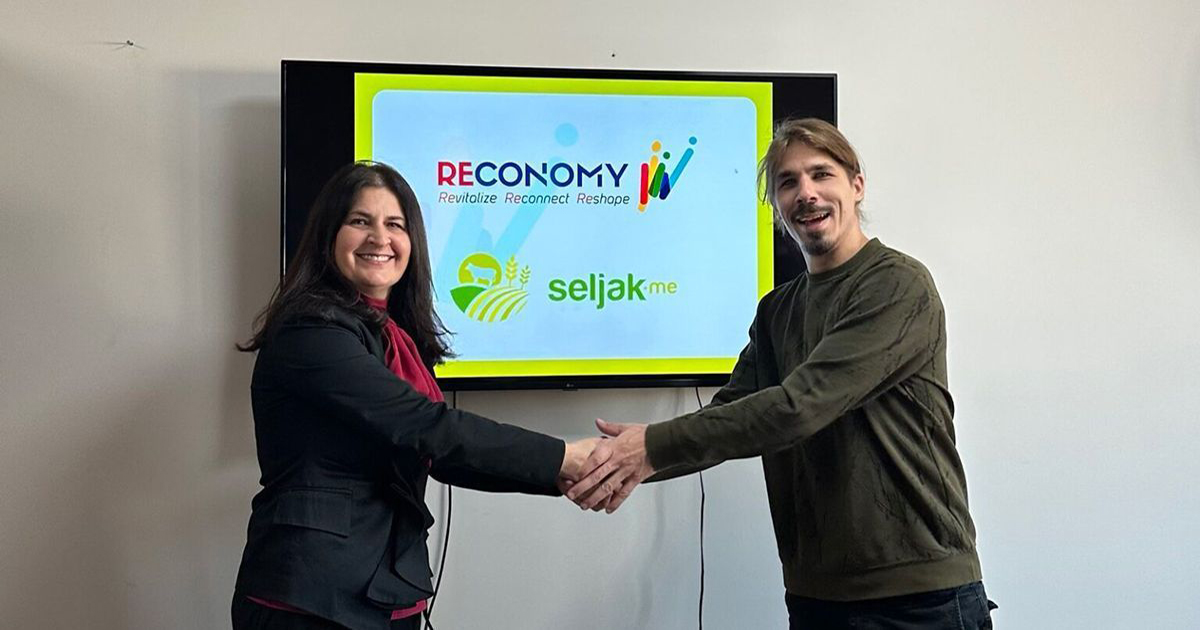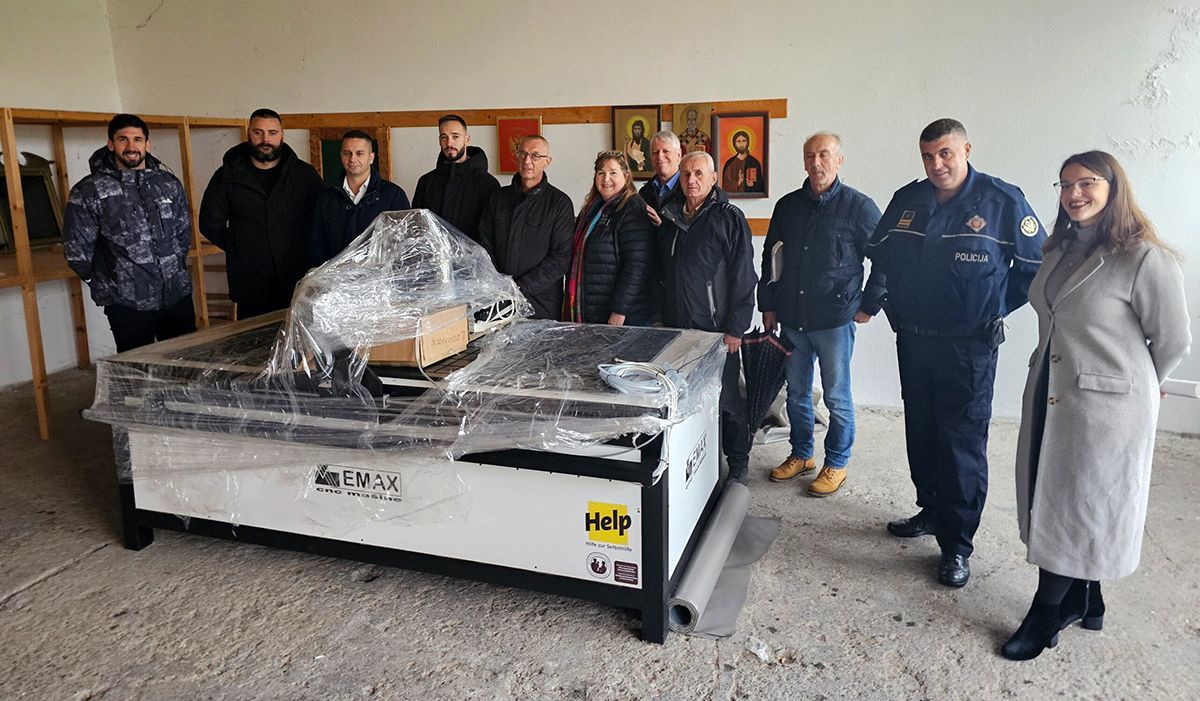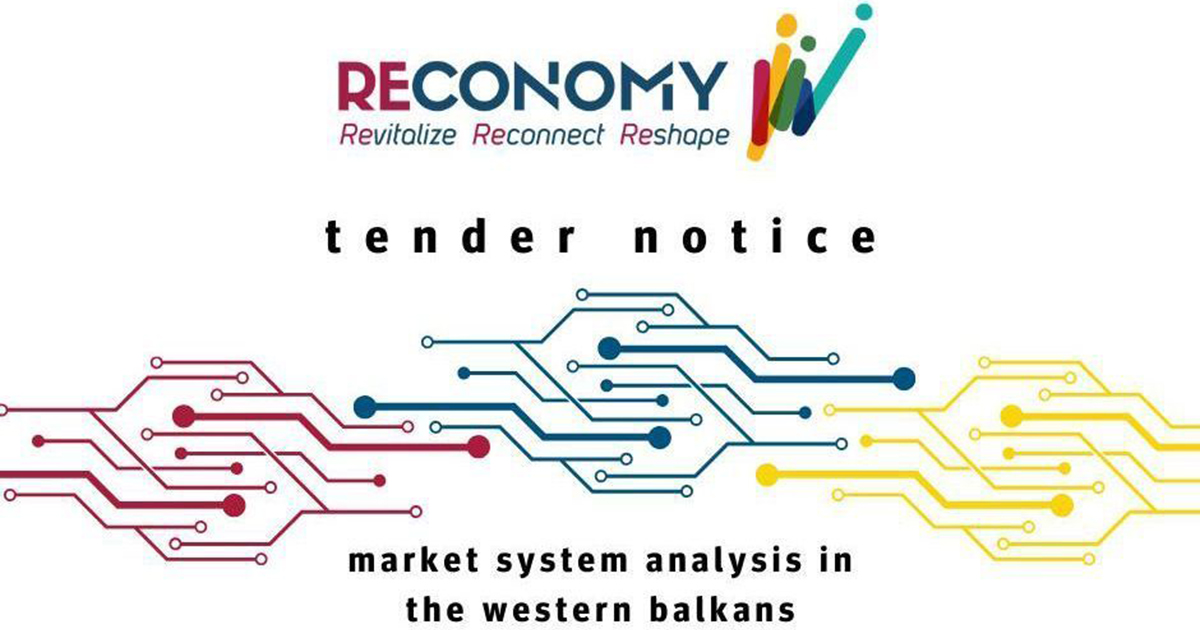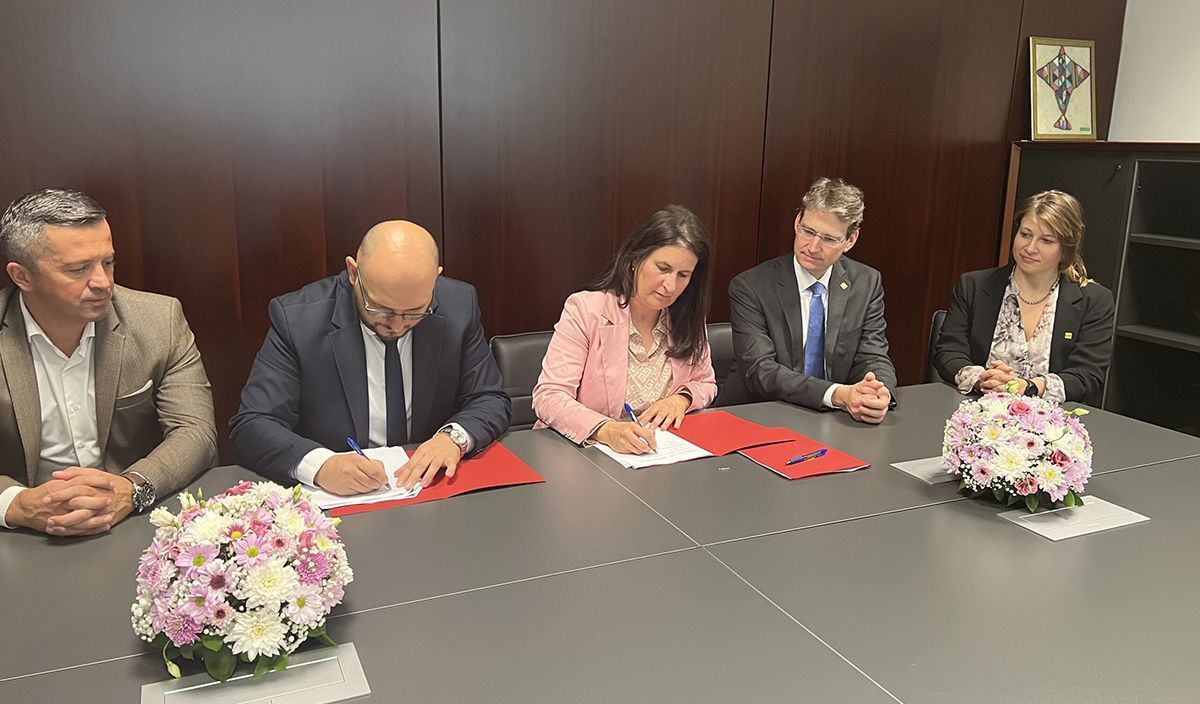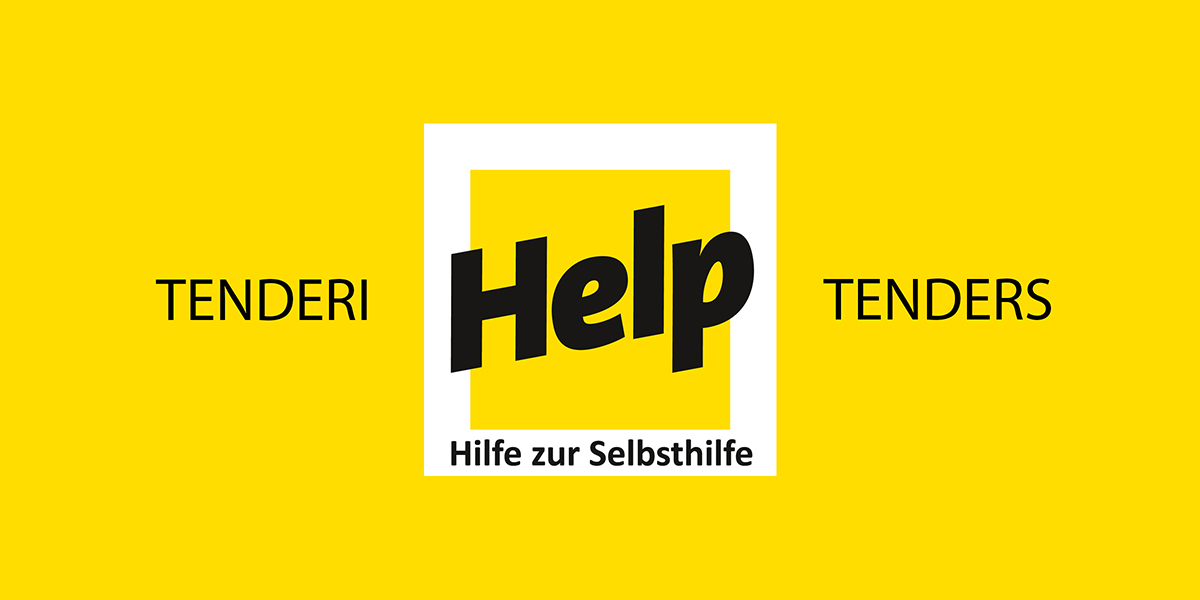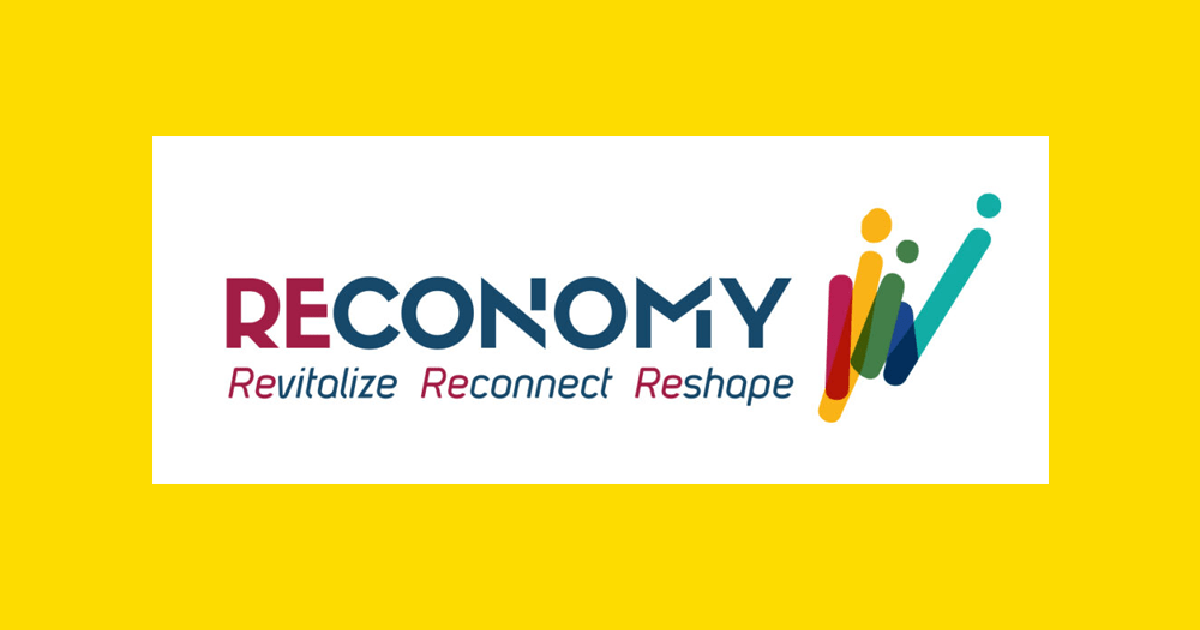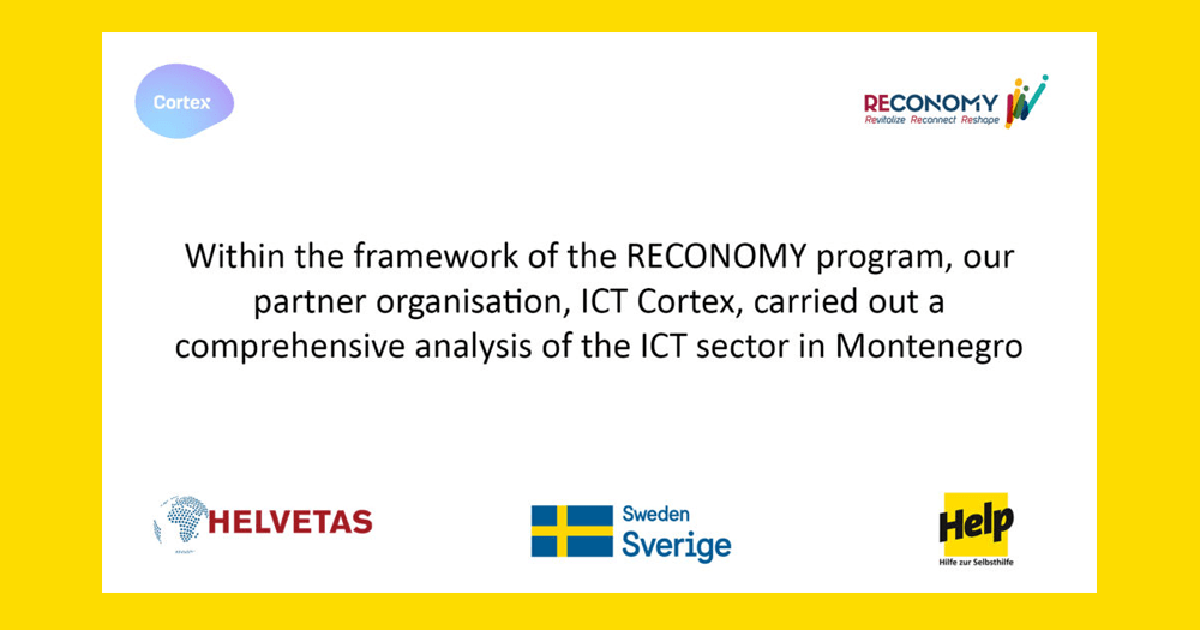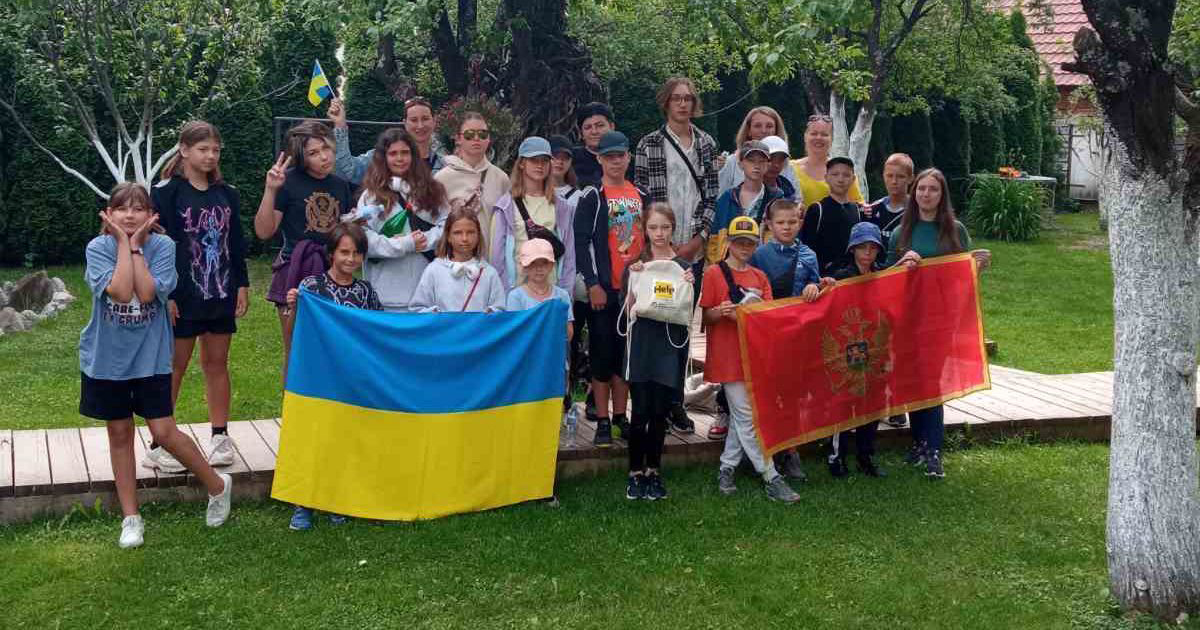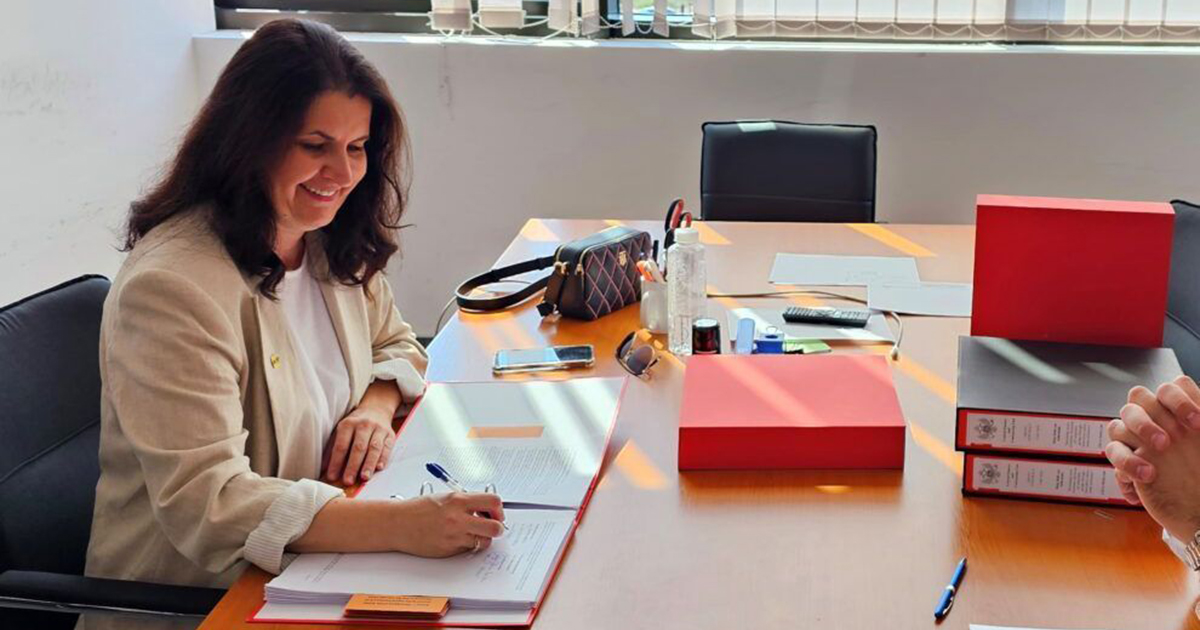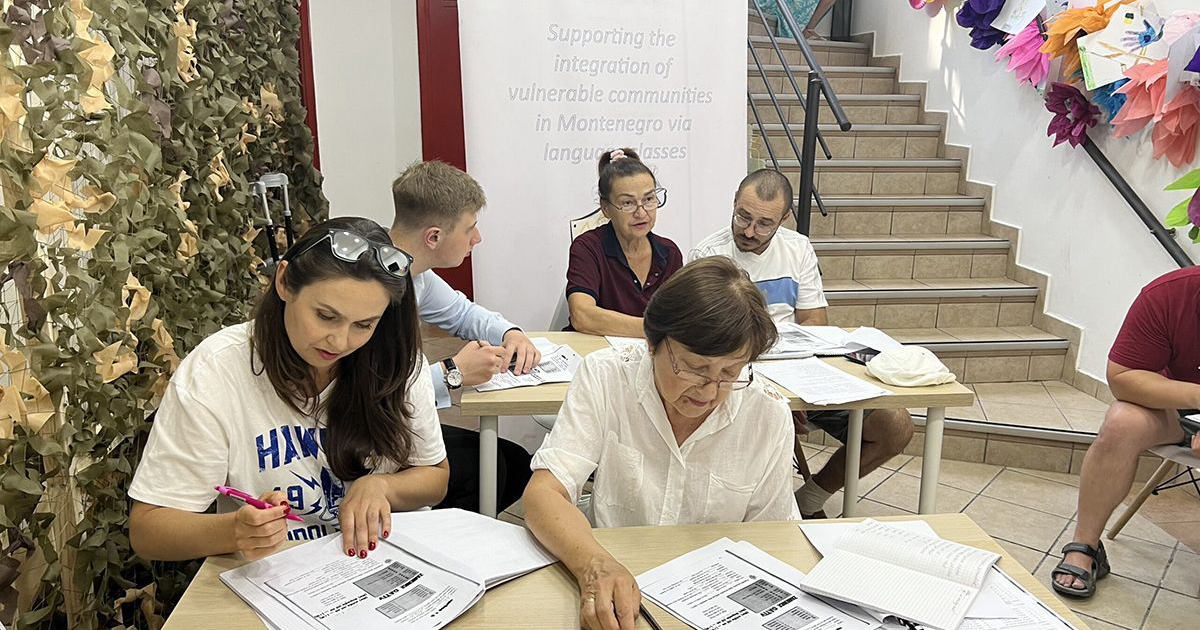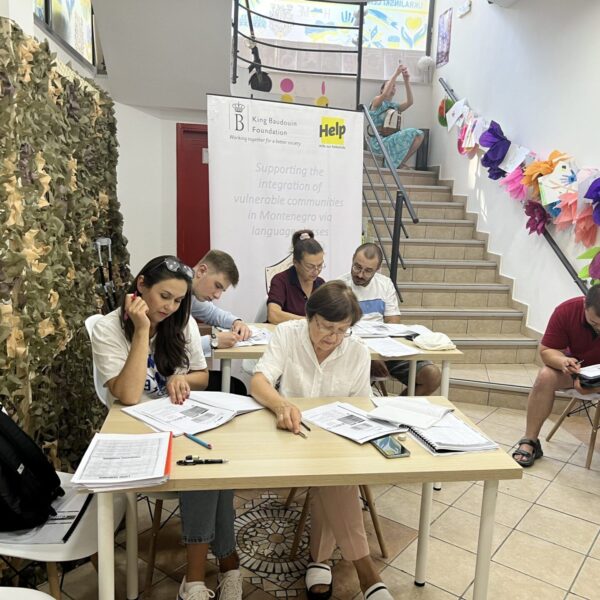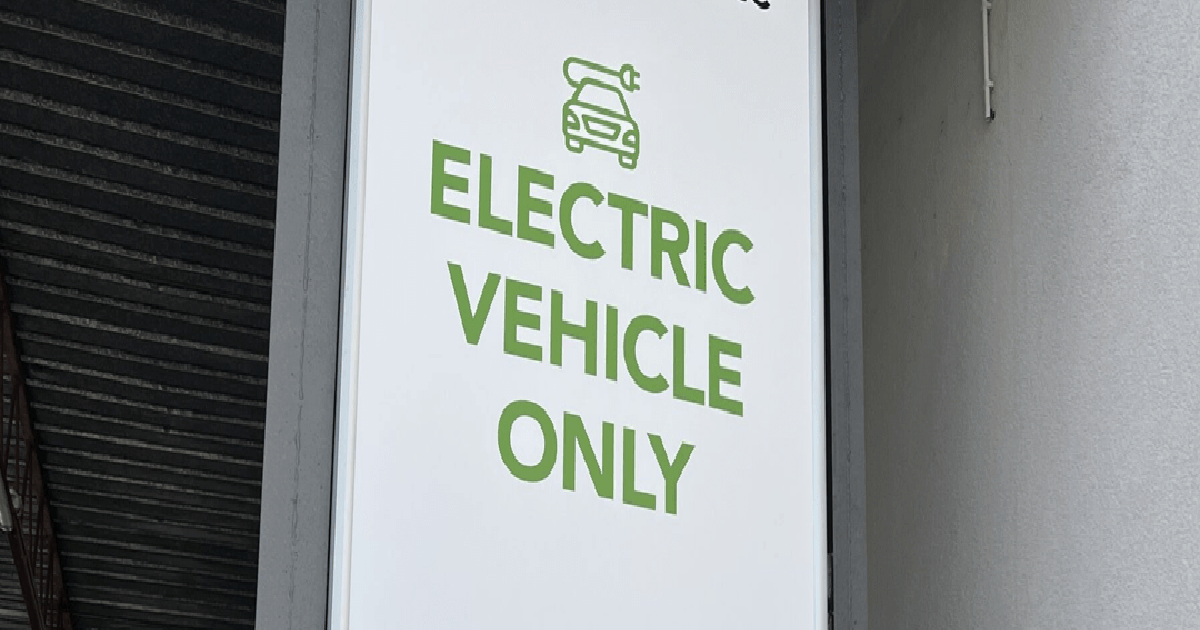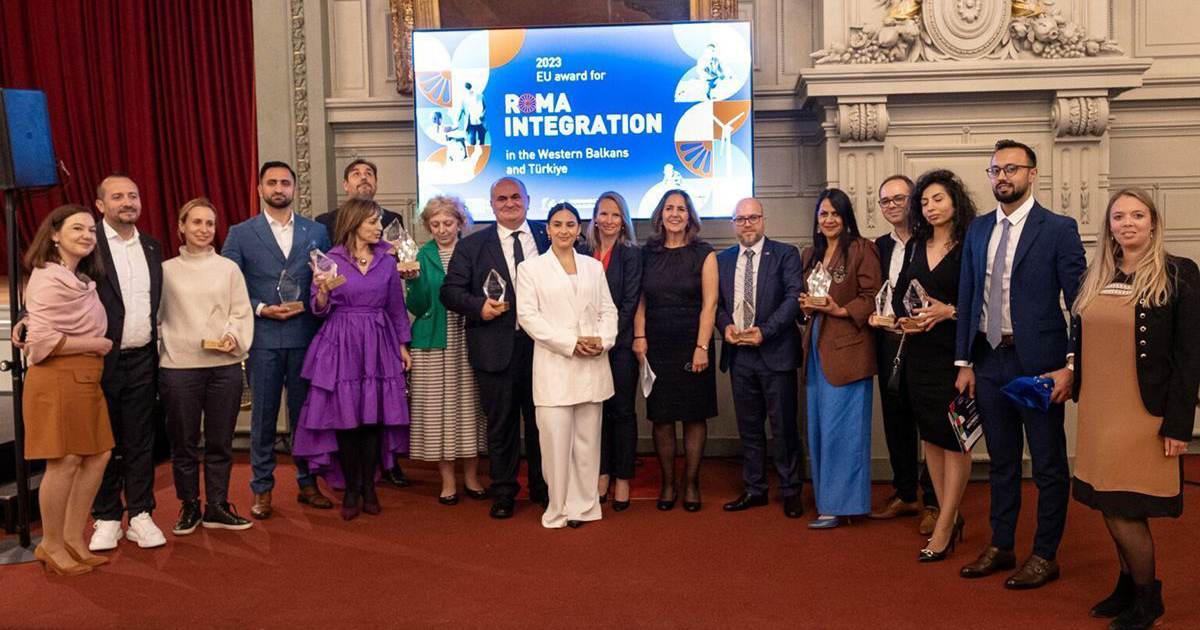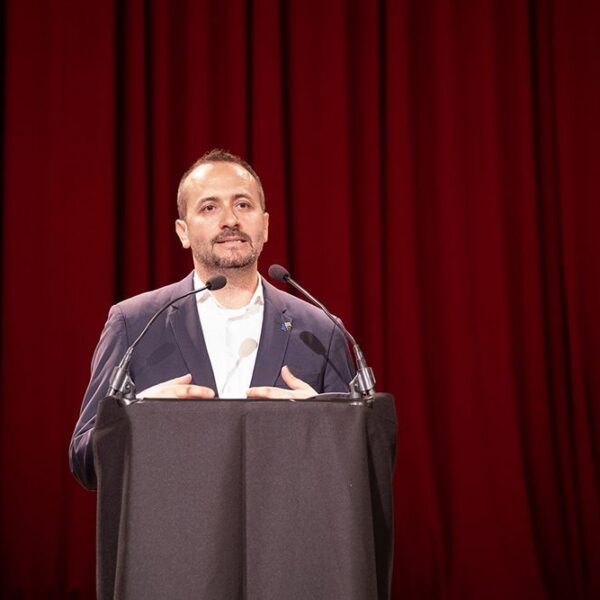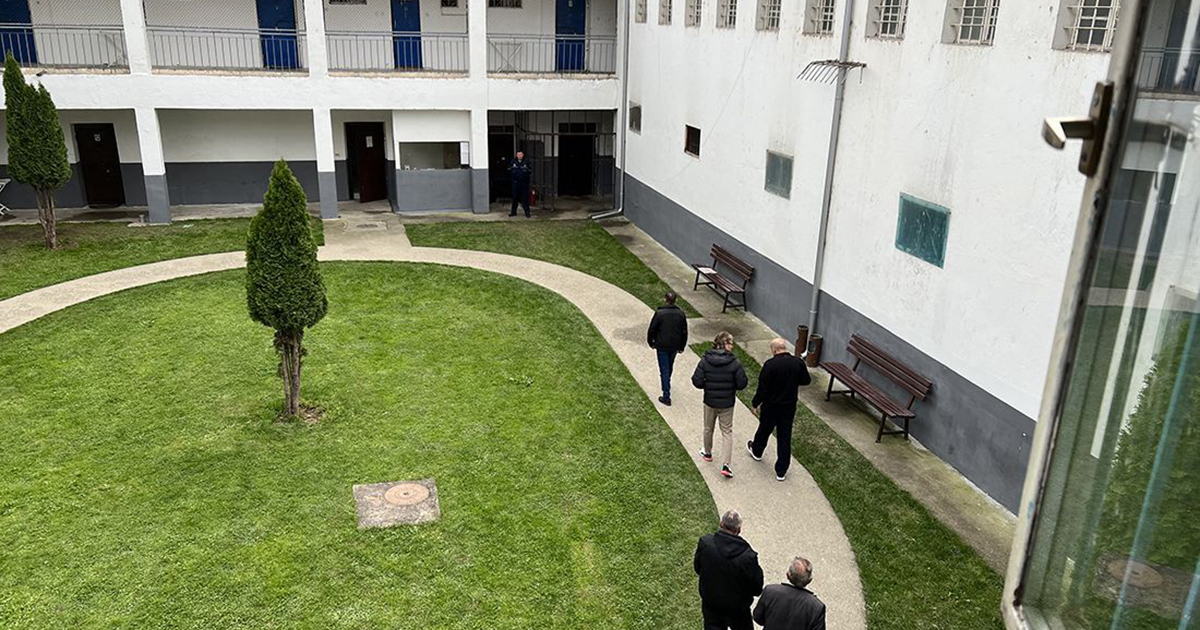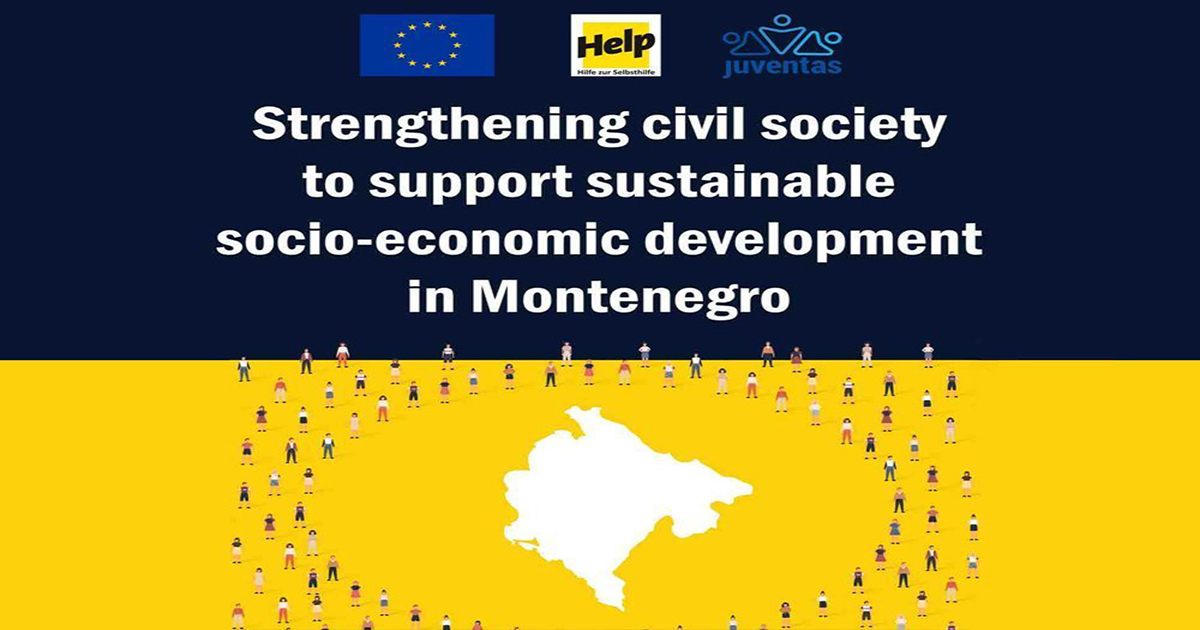Job description:
Market System Analysis in the Western Balkan region (North Macedonia)
In the scope of RECONOMY programme, Help – Hilfe zur Selbsthilfe (in further text referred to as Help) is starting the implementation of the project ““Digitalization of sectors with growth potential for better economic opportunities” in North Macedonia, with the objective to enable women and youth up to 30 years of age, including the most disadvantaged and excluded groups, to benefit from economic opportunities by increasing their income and taking up decent/green employment/self-employment. The Programme is funded by the Swedish International Development Cooperation Agency (Sida) and is implemented jointly by HELVETAS Swiss Intercooperation (Helvetas) together with Help – Hilfe zur Selbsthilfe.
Part of the project strategic process is private sector engagement that focuses on a joint endeavor by the RECONOMY Programme and the private sector for greater scale, sustainability, and effectiveness of development outcomes. The project is built on three main pillars: skills and intermediation service development, business services development, and advocacy.
Background and Rationale
To understand how the digitalization of sectors with growth potential (ICT, BPO and additional sectors, such as agriculture, tourism and manufacturing) for better economic opportunities in the West Balkan region operate and how it affects the project target group, Help decided to conduct a Market system analysis. Market system analysis is a diagnostic process to uncover the root causes and not just the symptoms of why markets underperform for the target group – youth, women and the most disadvantaged.
The term “market system” refers to the network of actors involved in the production, distribution, and consumption of digitalized sectors’ products and services. This includes the supporting markets that provide inputs and services, as well as the rules and norms that govern the sector. Understanding the digitalized market system as a whole is crucial, including how market actors are interconnected and how they interact with each other to move products and services from suppliers to end-users. The focus of the project is digitalization of sectors with growth potential for better economic opportunities (ICT/ BPO, agriculture, tourism, manufacturing). Digitalization refers to the integration of digital technologies into various sectors and aspects of economic activities. In the context of this project, digitalization is not a standalone market system but rather a transformative force that impacts existing market systems across various sectors. It encompasses the use of digital tools, platforms, and processes to transform traditional systems and enable new ways of conducting business.
RECONOMY is a regional program that aims to address common problems and respond to opportunities that share similarities across countries. The program’s rationale for regional value addition is to identify similarities in the nature of the problem across countries. Therefore, while this analysis is focused on the North Macedonian economy the Market System Analysis should have a regional perspective and identify common challenges and issues across all countries in the region. This will provide the basis for identifying common solutions and responding to shared opportunities.
The analysis will cover North Macedonia. Other countries covered by the RECONOMY program are Albania, Bosnia and Herzegovina, Serbia, Montenegro and North Macedonia.
Market System Analysis Purpose
The purpose of Market System Analysis is to identify the key constraints and opportunities through digitalization in sectors with growth potential for better economic opportunities in the WB region, here especially in North Macedonia. The goal is to develop a strategy that will promote systemic changes to benefit disadvantaged groups, particularly youth and women. The Market system analysis has four objectives:
- To validate that there is a growth potential of the sectors such as ICT, BPO, agriculture, tourism and manufacturing, in WB region (here focus on North Macedonia) which can generate employment opportunities for youth and women, including the most disadvantaged groups.
- To analyze prevalent practices of technology utilization by ICT, BPO, and
additional sectors and if digitalization of their activities/products/services can be addressed to make the sectors more accessible to women and young job seekers in an inclusive and environmentally sustainable manner. - To map the structure of the market system and gain an understanding of its dynamics and performance.
- To identify and comprehend the root causes of why the digitalization of economic sectors in the WB region is not performing better in creating employment opportunities especially for youth and women including the most disadvantaged. Additionally, the analysis will explore ways to stimulate green jobs through SME development.
Our organization is looking for a service provider to conduct a Market system analysis within RECONOMY programme for the targeted region (here North Macedonia). The service provider will conduct field research, interviews with relevant stakeholders (including focus group discussions if necessary), and online questionnaires for different groups, including vulnerable populations.
Intended users of the Market System Analysis
- Help RECONOMY implementation team
- Helvetas Program Facilitation Unit
- Sida
Expected Outcome of the Service
The service provider will be expected to deliver the following:
1) Summary on the relevance of digitalization of economic sectors with growth potential to the target group (youth and women, including the most disadvantaged). – In this section, the service provider will explain how the digitalization of economic sectors is relevant to creating income, employment, or other relevant benefits for disadvantaged groups in the region, with a particular focus on women (one page)
2) Map of ICT sector value chain, including core market and key market functions and rules. In this section, the service provider will analyse the digitalisation of economic sectors and related markets to identify how they work and what challenges they face. The service provider will use a value chain analysis tool and consider gender and social inclusion. The report will cover four sections:
- Structure of core market system – How the digitalization of economic sectors with growth potential works, using value chain mapping as a useful tool (one page)
- Key market functions and rules – The service provider will describe and analyse the key functions and rules of the market system, including formal and informal factors that exclude women and the most disadvantaged groups using a “donut diagram” to visualize how the market works, with the particular focus on digitalization and adoption and utilization of technology, (no more than three pages)
- Dynamics and performance of core market system – The service provider will examine the main constraints to the market system, describing which 4-6 of the functions and rules don’t work or cause problems for the market’s performance, including the constrains related to digitalization and adoption and utilization of technology The service provider will also consider gender or GESI in their analysis by answering 2-3 questions from the appropriate section of WEE. This section should be no more than three pages.
- Main interconnected markets – The service provider will analyse the most important interconnected market systems, using the same approach as in section 2.2 and 2.3 but in less detail. The service provider will also consider gender or GESI in their analysis by answering 2-3 questions from the appropriate section of WEE. This section should be no more than five pages.
3) List of the interviewed stakeholders with contact details and summary from interviews with the key informants.
4) Stakeholders and their interest. In this section, the service provider will identify and analyse key players and stakeholders in the market system, focusing on their roles and interests in improving the system. They will create a table with information about each stakeholder, including their type, function in the market, interests related to governance, and how they involve women and disadvantaged groups. This section should be no more than three pages.
5) Analysis from the focus group discussion, statistical analysis of the survey among different groups, including the vulnerable group.
6) Current and future situation – This section brings together the analysis done in sections 2 and 3 to describe the current situation and the desired situation in the future. The service provider will use a market sustainability matrix to describe how the market system is now and how it will be after the intervention.
Scope of the Market System Analysis
General questions guiding the analysis are:
The system structure:
1) What is the current performance and position of the target group, youth and women including the most disadvantaged in the market system?
2) What precise job problems do the target group face (e.g. skills, access to technology and information, biases at the workplace, access to mentorship and support, etc.)?
Sector performances:
3) What are the policy and legal frameworks – to enable private sector participation and job creation in the digitalisation of the economy?
4) What are the ‘supporting functions’ and ‘rules of the game’ which shape the core functioning of the digitalised economy?
5) Who are the key players in the system, and what are their current incentive/capacity levels?
System-level constraints:
6) What are the most important functions and rules which are under-performing?
7) In turn, what are the underlying constraints that shape the performance of these supporting markets (root causes)?
Feasibility:
8) What is the opportunity for change, based on the incentives and capacities of the players in the system?
9) What are the most important constraints (placing emphasis on those that are likely to unlock ‘more’ jobs, and, ideally, those that can also lead to ‘better’ jobs for the most disadvantaged), that might be feasible to change?
10) What are the main issues for the digitalization of the economy in the region (here North Macedonia) to take into account if it wants to facilitate sustainable change?
Women Economic Empowerment:
Overall questions guiding the WEE analysis are:
- How does digitalization of the economies in the WB region promote gender equality and encourage girls’ interest in ICT-related fields?
- What are the specific training needs for women to benefit from digitalization of the economy in the region (here North Macedonia)? Are there any barriers for disadvantaged groups and how can the training program be designed to be more inclusive for women? Are there networking opportunities and connections in the digitalized economy for women? Should any ongoing support be provided after the completion of the training program? How can women be encouraged to stay connected and engaged in the ICT related field post-training?
- Are there any mentorship programs support women’s professional development in the digitalization of the economies in the region, including women’s entrepreneurship and leadership in digitalized sectors?
- How do companies in WB region ensure gender equality in recruitment and hiring practices? How does digitalization of economic sectors in the region address issues of gender-based discrimination and harassment in the workplace?
- How can women be encouraged to stay connected and engaged in ICT related fields post-training?
Twin Green & Digital Transformation:
- What are the key opportunities for integrating digital solutions in the selected sectors which may improve resource efficiency of the production, reduce its impact on natural ecosystems and climate change and / or improve compliance of the company with market demands related to green transition (e.g., consumers’ preferences towards environmentally sustainable products and services; product traceability for green labelling, etc.)?
- Are the suppliers of digital solutions (ICT companies) aware of such opportunities / have experience in offering them? Where may they obtain information on market demand/ know-how for such solutions? If they have this experience, do they see additional space for such products in domestic and foreign markets?
- Are SMEs on the demand side aware of such digital solutions / have experience in applying them? If yes, what are the opportunities for scaling up such experience? If not, what are the reasons (information, access to finance, etc.)?
- How innovation ecosystem for emerging green and digital solutions (cleantech) look like? Are there any sustainable practices for pre-acceleration and acceleration of startup present in the country? Is there strong involvement of institutional players (like impact investors, banks, state institutions, large IT companies)? If not, what are the reasons?
The service provider is to prepare a detailed draft questionnaire for review and approval by Help and HELVETAS Swiss Intercooperation.
Geographical Scope
The Market System Analysis must be carried out in:
- North Macedonia. The analysis should cover not only the capital and large cities but also remote regions.
The service provider therefore must have a presence in North Macedonia or extensive experience working there.
Approach and Methodology
Part I: Preparatory Work
- Conduct a literature review (including, but not limited to available most recent statistical gender-disaggregated data, case studies, relevant researches from the field, companies websites, etc)
- Develop and administer a survey with a significant sample size and low margin of error. The questionnaire should be reviewed and approved by Help responsible staff before administering.
- Perform statistical analysis of the survey.
- Create a detailed work plan, including methodology, data collection tools, stakeholders, and timelines.
- Consult with Help responsible staff to discuss expectations and review the work plan.
- Conduct initial secondary research to understand the value chain and identify supporting markets.
Part II: Field research
- Conduct field research, including interviews and questionnaires with key informants and focus group discussions.
- Conduct additional secondary research if needed.
- Analyze findings and document in a draft summary reports.
- Organize and conduct a validation workshop with Help and Helvetas representatives to present and validate findings, prioritize constraints, and discuss intervention strategies.
Stakeholders to involve in the Service
The service provider will maintain close communication and coordination with Help to ensure effective research. This includes involving Help in all research steps, such as developing the analysis questionnaire for interviews and online surveys. The service provider should establish and maintain close contact as well as invite a representative from Helvetas in North Macedonia to participate in interviews with market actors. Additionally, the service provider will schedule a weekly coordination meeting with Help staff responsible for the project
The target informants of the research comprise:
- Private sector organizations and companies from digitalised sectors of the economy or that are in the process of digitalisation
- Education and training institutions, formal and non-formal
- Providers of industry-specific business support services, with the focus on SMEs
- SMEs with potential engagement in the green economy
- Business membership organisations, clusters and association in digitalised sectors of the economy or that are in the process of digitalisation
- Public institutions responsible for enhancing industry-specific policy, legal, and regulatory frameworks.
Deliverables and Schedule
Deadline for submission of offer is 23.08.2023., 12:00 PM
Deadline for starting the assignment is 05.09.2023.
The service will be expected to complete the assignment within four weeks of the start date.
Deadline for submitting the draft final report is 09.10.2023. The final MSA report is due on 16.10.2023 and will be submitted in English language.
Additional References or Resources
All resources particularly relevant to the project in question as well as any further information can be provided upon request.
Required documents
- An updated CV
- Portfolio of completed researches
- Methodology for this project including brake-down of activities, timetable and the lump sum fee
- Proposal Submission Form Annex 2 – duly completed and signed and stamped by the Candidate
- Duly signed and stamped Annex 3 – Help General Terms and Conditions for Service Contracts
- Duly signed and stamped Annex 4 – Help Code of Conduct for Contractors
- Duly signed and stamped Annex 5 – Help Declaration for Tenderers, Candidates and Suppliers
Qualification requirements for the lead consultant
The ideal candidate for this consultancy will have the following qualifications:
- At least three years of experience in conducting surveys, research and statistical analysis.
- Experience with carrying out qualitative interviews
- Experience working in the ICT sector.
- Familiarity with value chain analysis or similar tools
- Familiarity with Gender equality and social inclusion (GESI), Women economy empowerment (WEE) or similar strategies will be an asset
- Excellent analytical and report writing skills.
- Strong communication and presentation skills
- Fluent in written and spoken English
- Fluency in North Macedonian languages is expected
The original offer has to be submitted/delivered in hard copy to
Help – Hilfe zur Selbsthilfe
Cetinjski put 13/15
Entrance II, Flat 14
81000 Podgorica





